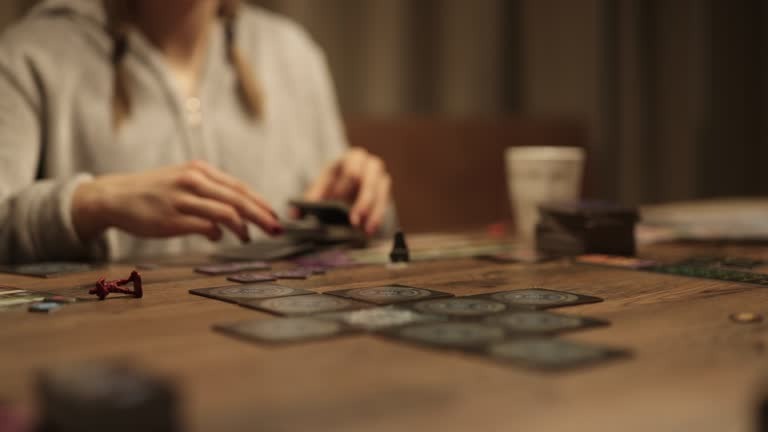Designing a Gamified Mental Health Program for Youth
Funded by Rohini Nilekani Philanthropies, this initiative proposes an integrated, trauma-informed approach to youth empowerment that goes beyond conventional skilling. The program aims to equip marginalized youth with tools for trauma healing, emotional resilience, and essential life skills that enable active participation in society and access to sustainable livelihood opportunities.
Through the creation of safe spaces and the use of gamified, CBT-inspired methods, the intervention helps young people identify and challenge limiting beliefs, build coping strategies, and develop social-emotional competencies. These include communication, negotiation, self-expression, and decision-making—critical for navigating both personal and professional spheres.
The program adopts a phased strategy—starting with deep research and tool co-creation, followed by a pilot, and ultimately leading to scale. It also builds pathways for skilling, entrepreneurship, and low-cost mental health support by actively engaging ecosystem partners. At its core, the initiative seeks to break cycles of trauma and disengagement, replacing them with hope, agency, and possibility.
THE CHALLENGE
India’s youth population—nearly 65% under the age of 35—represents both a transformative force and a pressing challenge. Despite numerous skilling initiatives, youth unemployment remains high, driven by rapid population growth, economic stagnation, and a mismatch between training and meaningful employment.
Most existing programs are geared toward skill-building but rarely address the deeper psychological and emotional barriers faced by vulnerable youth. Many grow up in environments defined by poor caregiving, food insecurity, or exposure to violence—leading to internalised trauma, low self-worth, and fatalistic thinking. These trauma bonds and mental constraints reduce agency, limit aspirations, and perpetuate intergenerational poverty.


ABOUT THE PROJECT
CURRENT STAGE
The project is currently in its ideation and co-design phase, with a 3-month pilot rollout planned in selected peri-urban regions of Delhi-NCR. The pilot will engage 150 youth participants through a series of interactive, game-based sessions that serve as conversation starters and self-discovery tools.
The goal is to identify over 10 youth champions who can carry the initiative forward at the community level. The present focus is on developing gamified tools, refining trauma-informed facilitation techniques, and laying the groundwork for strategic partnerships that will support scale and integration in future phases.